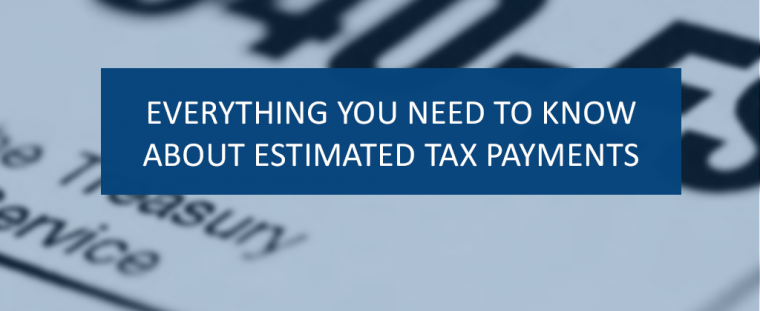Statement of Estimated Income Tax Payable & tips on Self Assessment payments

Statement of Estimated Income Tax Payable
As per the Section 90,91,92 of the Inland Revenue Act No.24 of 2017 each person who is liable to pay income tax is required to submit a statement of estimated tax payable for a year of assessment and estimated tax should be paid in four installments.
Due dates for the payments
| If Y/A ends by 31st March Quarter Ended Due Date | If Y/A ends by 31st December Quarter Ended Due date | ||
1st Quarter | 30.06.2018 | 15.08.2018 | 31.03.2018 | 15.04.2018 |
2nd Quarter | 30.09.2018 | 15.11.2018 | 30.06.2018 | 15.07.2018 |
3rd Quarter | 31.12.2018 | 15.02.2019 | 30.09.2018 | 15.10.2018 |
4th Quarter | 31.03.2019 | 15.05.2019 | 31.12.2018 | 15.01.2019 |
Final Payment |
| 30.09.2019 |
| 30.06.2019 |
How to calculate
As per the Section 90(3) of the Act, installment tax payable is to be calculated using following formula:
Installment Payment = Estimated tax payable – [Installment payments + WHT ]
Remaining no. of installments
Estimated tax payable can be calculated in below two ways
- Estimated tax payable based on the current year profits.
- Estimated tax payable based on the previous year tax liability increased by an uplift of 5%.(This would be applicable only for the Y/A 2018/19)
- Installment payments and tax credits such as WHT on employment income, service fee, rent income etc,could be deducted in arriving at the installment payment.Note: WHT (on employment income, service fee, rent income and etc..) credit available for the year of assessment from the beginning of the Y/A up to the date of installment is payable [i.e. August 15, 2018]
ESC is paid before the instalment could be deducted from instalment payment and pay the balance.
- The estimated tax so calculated by a taxpayer shall remain in force for the whole year of assessment and If tax liability is increased or decreased, a revised estimated statement of tax has to be filed with the Commissioner General.
- If the estimated tax payable for the Y/A 2018/2019 is less than the income tax payable of the Y/A 2017/2018, such person is required to give reason for the same to the Commissioner General [to be stated in the statement of estimated income tax payable].
Note: If any person has significant amount of unrelieved loss (brought forward loss from the Y/A 2017/2018), it is advisable to calculate the estimated tax payable based on the current year profit.
Non compliances
- Non-compliance on payments
For non-compliance in payments, i.e. installment payable is not settled in full before due dates, taxpayer is liable for both interest and penalty in the following manner.
- Interest
Taxpayer is liable for an interest amount at the rate of 1.5% [per month] of tax from the due date. There is no authority given to the CGIR to waive the interest so payable by a tax payer.
- Penalty
If a person fails to pay all or part of a tax due for the period within 14 days of the due date, he is liable for a penalty equal to 10% of the tax due but not paid.
As stated in the Inland Revenue Act No. 24 of 2017, payments made by a taxpayer shall be setoff against the taxpayer’s tax liability in the following order;
- Interest relating to tax
- Penalties relating to tax
- The principal amount of the tax
Accordingly, if interest and penalty accrues, such interest and penalty will be first recovered from payments.
- Non-compliance on filing Statement of Estimated Income Tax Payable
If a person fails to file Statement of Estimated income Tax payable (SET)on or before due date, such person is liable for a penalty equal to greater of the following;
- a penalty equal to the greater of 5% of the amount of the tax owing, plus a further 1% for each month during which the failure to file continues and;
- 50,000 plus a further Rs.10,000 for each month during which the failure to file continues. (maximum penalty shall be limited to Rs.400, 000)
If you have anything to be clarified with regard to the above article, you can raise your question through a simple SMS




